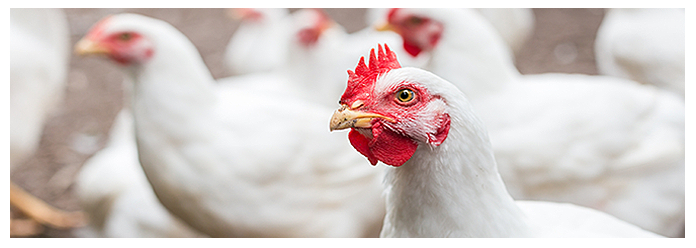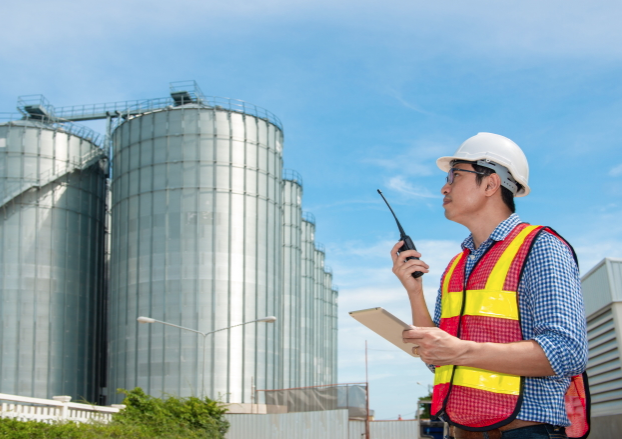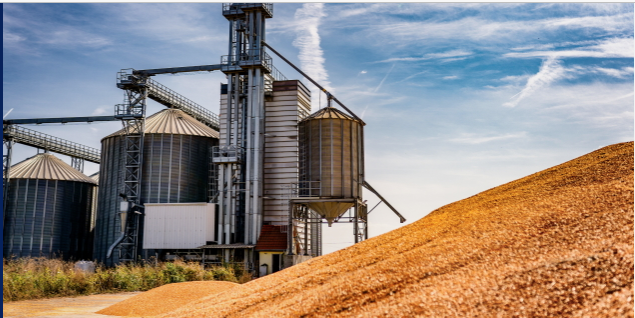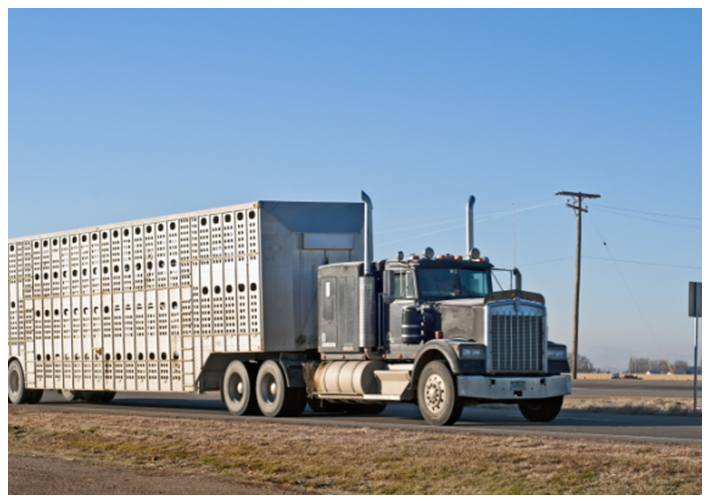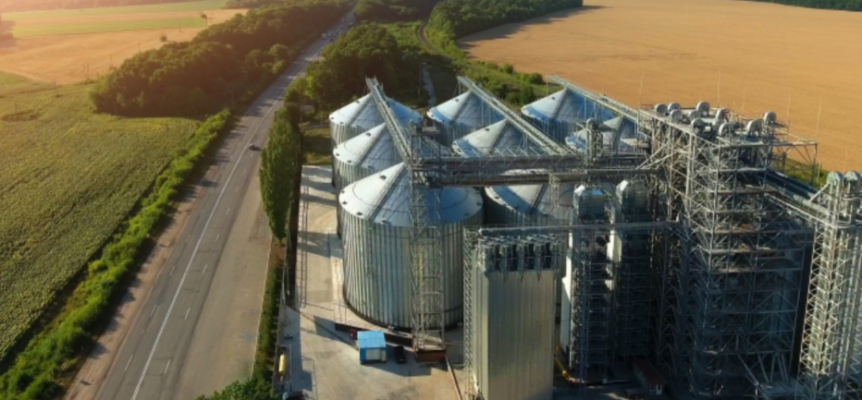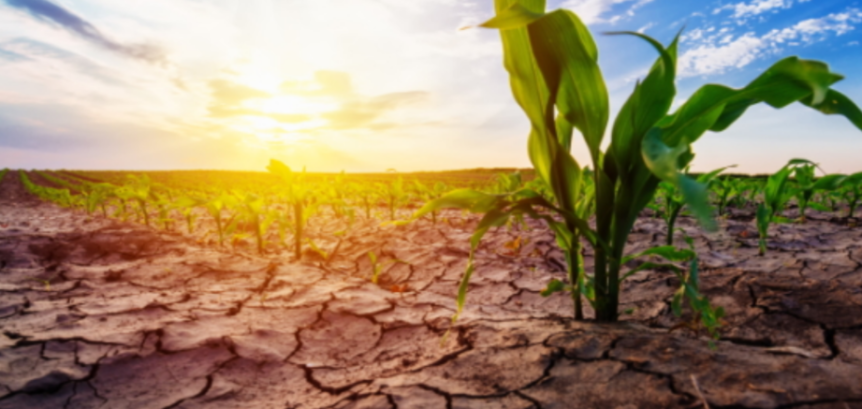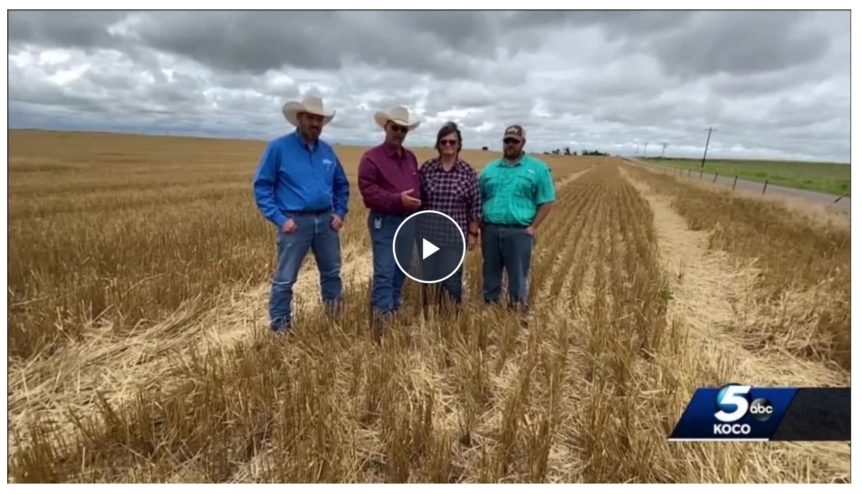By Gina Ekstam for AssuredPartners The pandemic and supply chain disruptions have revealed longstanding issues with getting food from farm to table. In an effort to strengthen the food system across the supply chain, the U.S. Department of Agriculture (USDA) recently announced details of its Food System Transformation Framework. More options, increased access, and improved markets are just some of the USDA’s goals for transforming our food system. The framework addresses the need for more capacity to gather, process, move, and store food. Increasing local/geographic capacity will help build resiliency in the face of market disruptions, provide more choices for producers to create value-added products and sell locally, and support new economic opportunities and job creation in rural communities. Click for …
Insurance Supports Sustainable Agriculture
By Gina Ekstam for AssuredPartners Each year, National Ag Day recognizes and celebrates the critical role of agriculture in our country. In addition to producing the food, fiber, and renewable resources we need, agriculture has an essential role in maintaining a strong economy. As the population grows, so does the demand for food and fiber. Because of advancements in farming, America’s farmers can produce more while practicing sustainability for the future. Consider this: in the 1960s, each farmer fed 25 people. Today, each farmer feeds more than 165 people. The theme for this year’s National Ag Day (held March 22, 2022) is “Agriculture: Growing a Climate for Tomorrow.” About 22 million people are working in ag-related fields. As stewards of …
USDA Confirms Highly Pathogenic Avian Influenza in a Commercial Poultry Flock in Delaware
WASHINGTON, February 23, 2022 – The United States Department of Agriculture’s (USDA) Animal and Plant Health Inspection Service (APHIS) has confirmed the presence of highly pathogenic avian influenza (HPAI) in a commercial poultry flock in New Castle County, Delaware. Samples from the flock were tested at the University of Delaware’s Allen Laboratory in Newark, part of the National Animal Health Laboratory Network, and confirmed at the APHIS National Veterinary Services Laboratories (NVSL) in Ames, Iowa. APHIS is working closely with state animal health officials in Delaware on a joint incident response. State officials quarantined the affected premises, and birds on the property will be depopulated to prevent the spread of the disease. Birds from the flock will not enter the …
Grain Bin Safety Requires Year-Round Effort
By Gina Ekstam for AssuredPartners It’s well-known that working in and around grain bins is dangerous. In 2020, there were 64 documented agricultural-confined space-related cases, including 35 grain-related entrapments and 12 equipment entanglements, according to a report by Purdue University’s Agricultural and Biological Engineering Department. Grain bin entrapment is the most often identified hazard, but equipment handling, collapsing bins, fires, toxic fumes, and ladders are among the other equally hazardous situations that pose serious risks to worker safety. Regardless of the season, grain bin safety must be a year-round effort. With any safety initiative, it’s essential to identify and understand all potential hazards. Click for safety precautions to prevent grain-related incidents>>>
Understanding the Property and Inland Marine Coinsurance Clause
By Gina Ekstam for AssuredPartners A “coinsurance clause/condition” is found in many commercial insurance policies, but the term “coinsurance” is often a difficult concept to understand. Coinsurance is referenced in property and inland marine coverage, as well as health insurance, but its use is entirely different depending on the context. For this purpose, the focus will be as it relates to property and inland marine coverage. The coinsurance clause is an “insurance to value clause” for the policy holder. Because of the insurance mechanism of pooling collected premium dollars to pay for future losses in the insurance industry, the purpose of the coinsurance clause is to create fairness in premiums among policy holders. Keep reading>>>
Addressing the Ag Industry’s Supply Chain Challenges
By Gina Ekstam for AssuredPartners Weather, geopolitics, structural issues, consumer demand, and labor shortages represent just some of the many issues working together to compound the global supply chain problem for the ag industry. This confluence of factors has made it difficult to move product, contributing to supply chain inflation and concerns about food security. Supply chain problems are likely to stick around for the foreseeable future and addressing them will take time. To protect your agribusiness, you must understand what makes your operation vulnerable and look for opportunities to do things differently. Click here for resilience-building measures>>>
Does Stock Throughput Insurance Make Sense for Your Agribusiness Operation?
By Gina Ekstam for AssuredPartners As the property insurance market continues to put pricing pressure on renewals, some agribusiness operations have benefited from specialty insurance programs, such as stock throughput coverage, to help them navigate the challenging marketplace. A form of inland marine insurance, a stock throughput program insures a product throughout the supply chain and accounts for any potential gaps in coverage. From the time the product is shipped, stored, and delivered to its final destination, there is a lot at stake. A stock throughput policy provides continuous coverage against all risks not explicitly excluded in the contract as long as the insured has ownership or responsibility for the product. What are the benefits>>>
Improve Operational Health, Maximize Flexibility to Mitigate Drought Risk
By Gina Ekstam for AssuredPartners According to NOAA, the average global surface temperature was the sixth highest for August 2021 since global records began in 1880. Further, the U.S. Drought Monitor reports that over 46% of the contiguous U.S. experienced moderate to exceptional drought in August. These extreme weather conditions are impacting ag operations across the country. Decreased water availability leads to production losses, increased pests and diseases, and lower livestock productivity. Matt Carstens, president and CEO of Landus in Ames, Iowa, adds, “drought conditions affect weed and fungi control, changes the products that are stored, and impacts the health of livestock. Operationally, severe weather events can lead to supply chain and infrastructure disruption. For example, a lack of corn …
National Farm Safety Week
By Gina Ekstam for AssuredPartners Fall harvest can be one of agriculture’s busiest and most dangerous times of the year. National Farm Safety and Health Week is observed the third week of September to promote safety throughout the ag industry. While agriculture, forestry, and fishing make up one of the largest industry sectors in the U.S., most operations are small, with nearly 78 percent employing fewer than ten workers and most relying on family members and/or immigrant, part-time, contract, and seasonal labor. Many workers in these small operations are excluded from labor protections, including many of those enforced by OSHA. In 2019, the U.S. Bureau of Labor Statistics reported 573 fatal work injuries in the Ag, Forestry, Fishing & Hunting sector. This represents the …
Oklahoma Producers Explore New Approach to Farming, Ranching
By Evan Onstot for Koco.com We grow things here in Oklahoma. Our state’s farming and ranching heritage is as strong here as anywhere. But are most of the state’s producers doing it wrong? Some producers swear there’s a better way: regenerative farming. All producers want to grow better crops and raise healthier animals. And they want to make more money. All of these things are happening for a small group of Oklahoma ranchers who’ve basically thrown out the plow – and decades of tradition. At the entrance to his sprawling Western Oklahoma ranch, not far from the Texas border, Jimmy Emmons has posted his favorite saying: Long Live the Soil. Everything that Emmons does is focused on making his soil …



